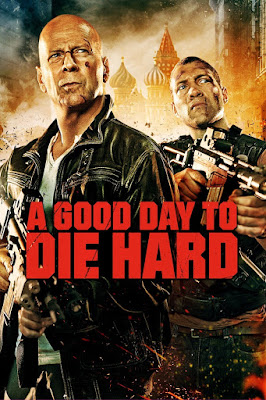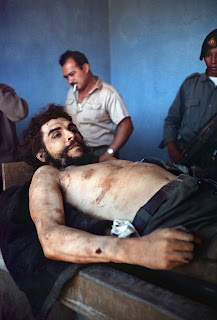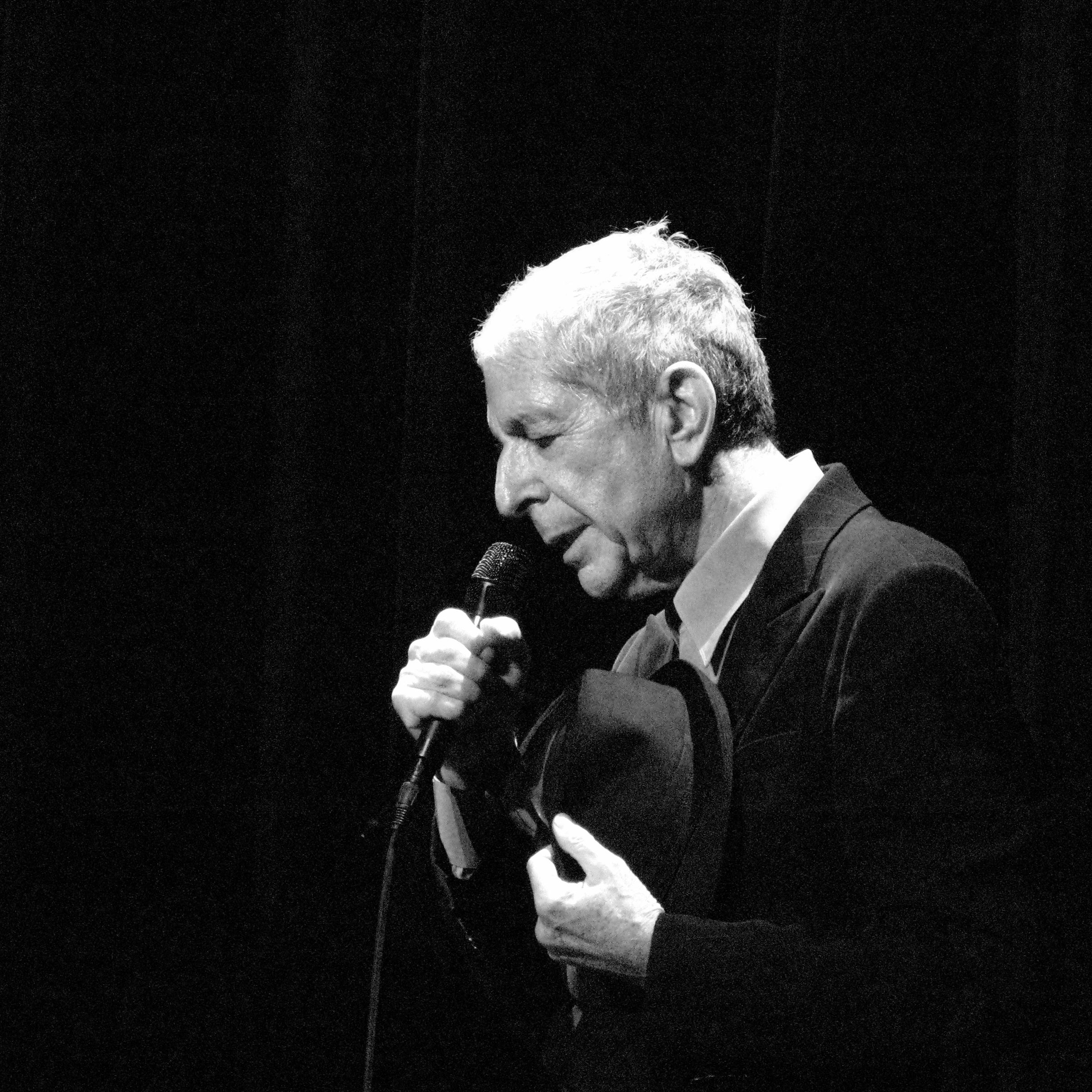And props to Sylvester Stallone for creating and personifying two of these four amazing characters.
 |
| Really? This guy? Yes. This guy. |
These four characters' sagas share something else: they all disappeared from the screen for over a decade and then came back when my generation was having children of their own. The actors didn't need the work, but they chose to resurrect their characters, surely acknowledging the possibility of diluting their previous glory.
Indiana Jones is one of the most remarkable characters in movie history, as is Han Solo, both played during the same period by Harrison Ford. Fans could be forgiven for assuming that the Indy saga concluded with The LAST Crusade. But no.
When Indiana Jones and the Kingdom of the Crystal Skull came out in 2008, 19 years had elapsed since the release of the Last Crusade. In other words, there were adults who saw the 4th Indiana Jones movie who had not been born when the 3rd Indiana Jones movie came out.
And it was awful. Really, really awful. There is a 5th installment in the works and, as a child of the 80's, I am positively thrilled by this. But I doubt it will improve the overall caliber of the saga, and I fear it may in fact only further degrade it.
John J. Rambo is a much more complex character than many people realize. The original Rambo trilogy, like the original Indiana Jones trilogy, followed a certain arc. Also like Indy, John J's character took 20 years off between their 3rd and 4th films.
2008's "Rambo" (just call it Rambo IV, honestly) was not nearly as bad as the 4th Indy installment, but it was just as pointless. People associate Rambo with violence, and not without reason, but in the first film. First Blood, Rambo killed one person (by accident). In the 4th installment, he kills hundreds. And he added nothing to his character's arc in the process.
John McClane had a 12 year hiatus between the 3rd and 4th installments of Die Hard. The 4th film was actually quite good in certain ways. But also, McClane went from a vulnerable, actual person to someone who literally drove a semi-trailer into a fighter jet. So.....yeah.
Overall, however, Die Hard 4 did not detract from the franchise. But then this happened...
 | |
| This requires no explanation; it was as bad as it looks |
Now, for the exception. Rocky Balboa is the only one of these characters whose latest iterations have added to the character and to the story. The 6th and 7th installments of the Rocky saga are tremendous. In these movies, Rocky is.....old. Sick. Slowing down. Pondering mortality. You know, real life.
He's not driving trucks into jets, he's not surviving nuclear bombs by climbing into a fridge, he's not unloading automatic weapons. He's a person. It's real. It's devastating. And it's fantastic.
The 6th installment came out 16 years after the 5th.
The 7th installment came out 9 years after the 6th, and at least one more is in the works. He's not rushing it. He's not relying on special effects. He's following the actual moral arc of a character he created 40 years ago, and it is remarkable to behold.
There's such a thing as knowing when to quit. Luckily for us, Rocky knows when not to quit.








































